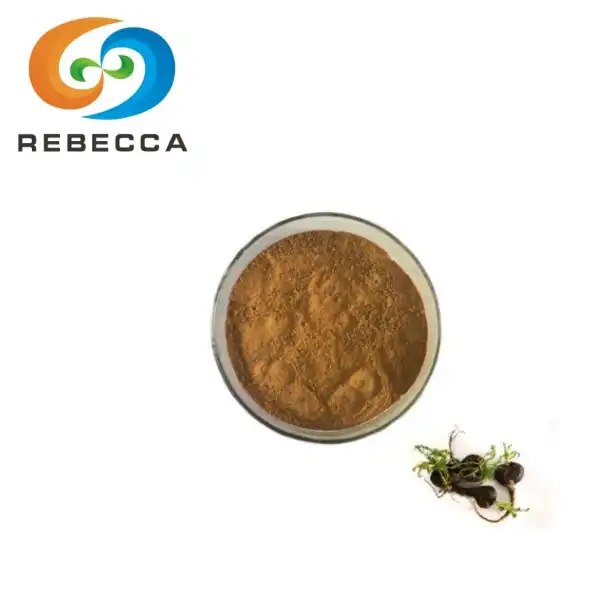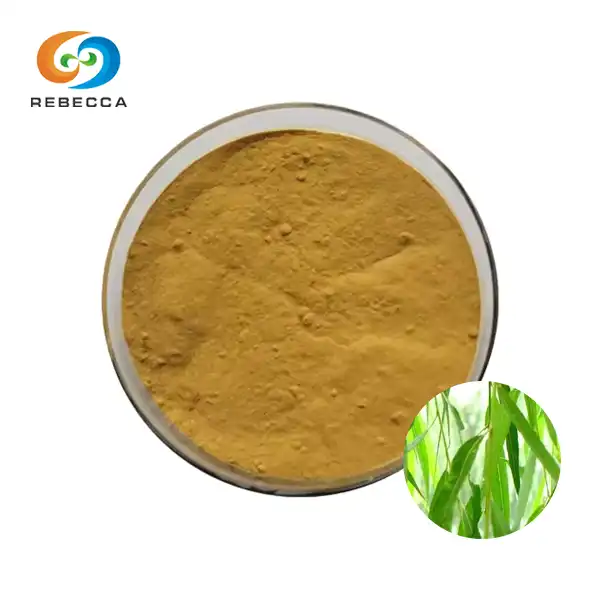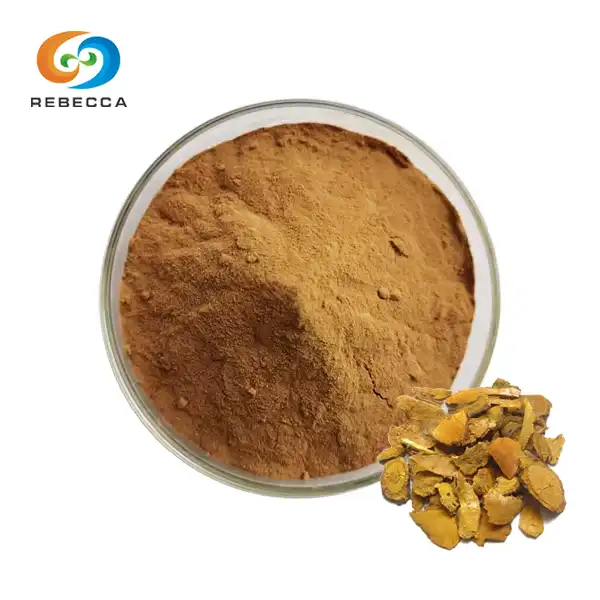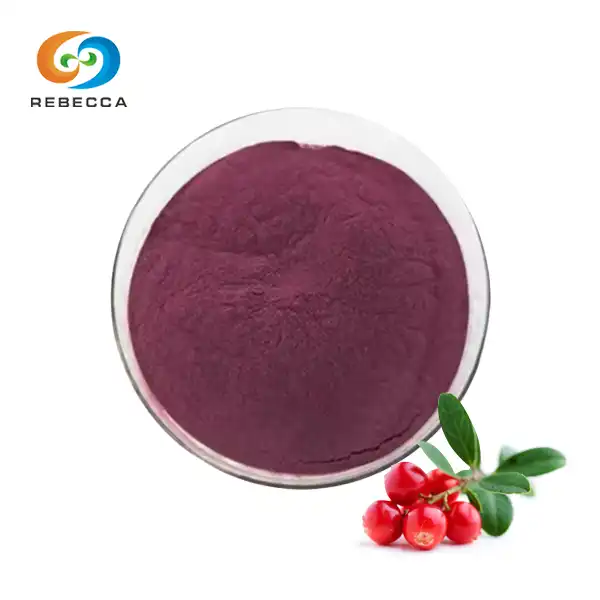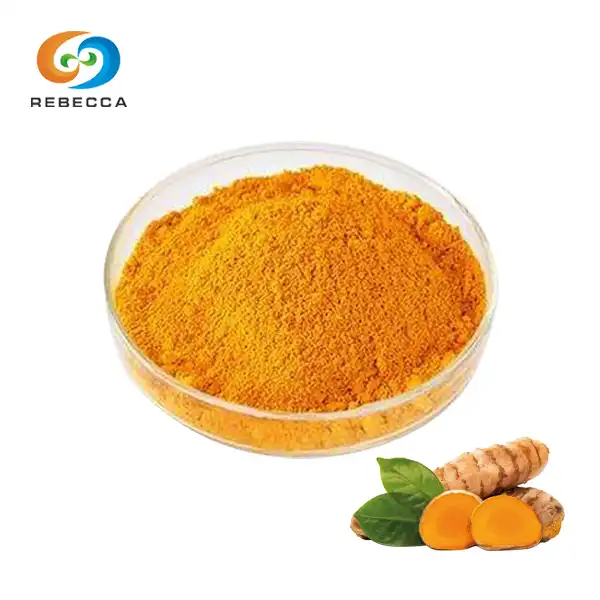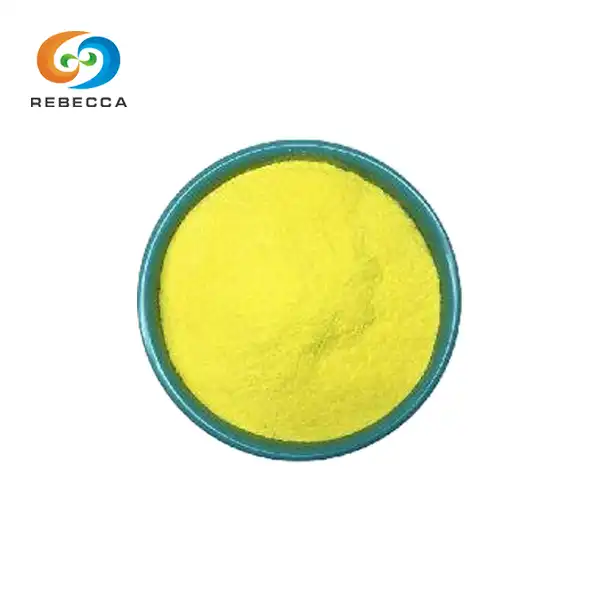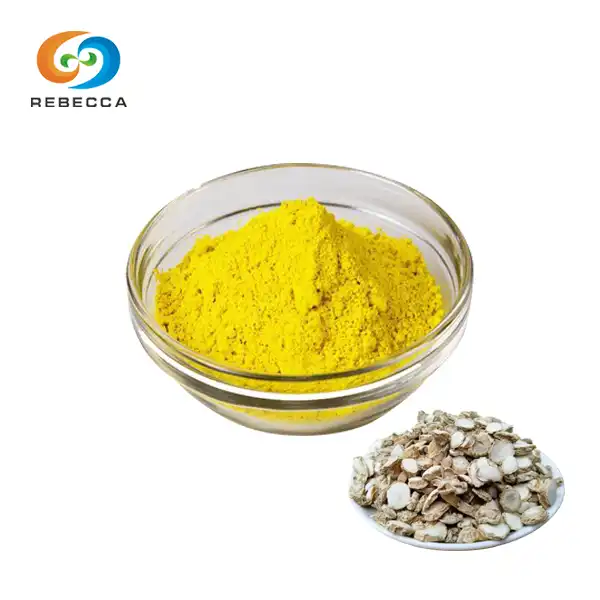How much curcumin per day?
Curcumin, the striking yellow substance present in turmeric, has intrigued both health aficionados and scientific researchers. As the popularity of natural supplements escalates, many individuals are pondering: "How much curcumin per day?" The answer isn't uniform, but a typical intake of 500-2,000 mg is generally seen as safe and potentially advantageous for the majority of adults. This dosage spectrum stems from a plethora of studies investigating its effects on diverse health issues. However, it's essential to recognize that the body's capacity to absorb curcumin is comparatively minimal.
To improve absorption, numerous supplements pair curcumin with additional components such as piperine (derived from black pepper) or utilize specialized delivery methods. When contemplating this supplementation, it's prudent to initiate with a lower dosage and gradually augment it while observing your body's reactions. The ideal amount may fluctuate based on aspects such as your health condition, age, and particular health objectives. Whether you’re considering curcumin extract powder or a standardized curcumin 98% supplement, always seek guidance from a healthcare professional prior to embarking on any new routine. They can provide personalized advice based on your individual needs and help.
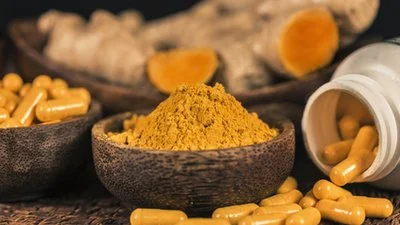
Curcumin: Nature's Golden Compound
Origins And Composition
Curcumin is the principal curcuminoid found in turmeric, a flowering plant of the ginger family. This golden spice has been used for centuries in traditional medicine practices across Asia. Modern scientific research has isolated it as the primary active compound responsible for many of turmeric's health benefits.
In its purest form, curcumin extract powder appears as a vibrant yellow substance. High-quality supplements often boast curcumin concentrations of up to 98%, ensuring potency and effectiveness. This concentrated form allows for easier dosing and potentially greater therapeutic effects compared to consuming whole turmeric root.
Bioavailability Challenges and Solutions
One of the main hurdles in curcumin supplementation is its poor bioavailability. The human body struggles to absorb and utilize it efficiently. This limitation has led to innovative formulations aimed at enhancing its absorption.
Some strategies to improve bioavailability include:
•Combining curcumin with piperine from black pepper
•Encapsulating it in liposomes or nanoparticles
•Creating water-soluble curcumin formulations
•These advancements have significantly increased the potential benefits, allowing for lower doses to achieve therapeutic effects.
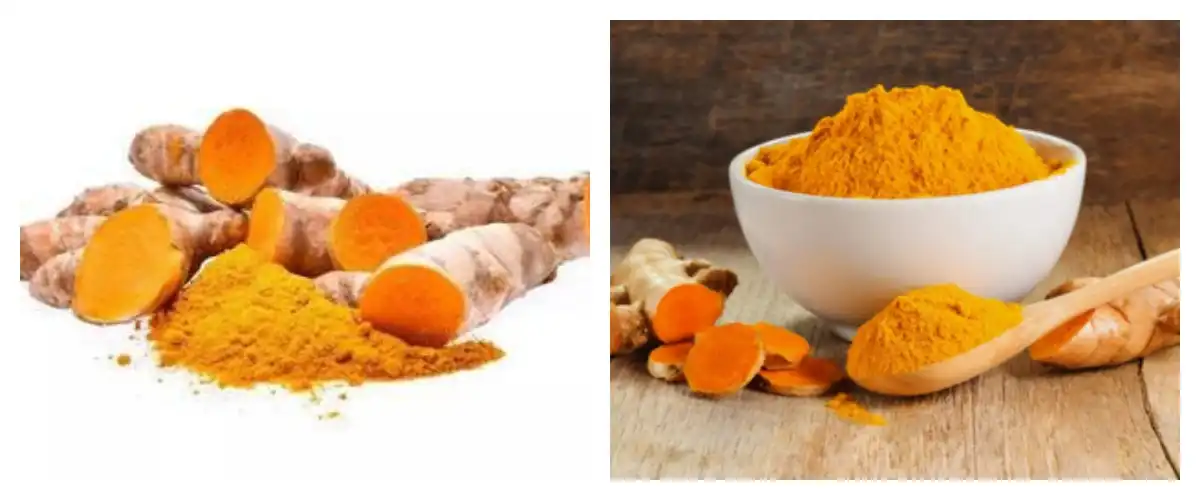
Spectrum Of Curcumin's Health Benefits
Research into curcumin's health benefits has exploded in recent years, revealing a wide array of potential applications. Some of the most promising areas include:
•Anti-inflammatory properties
•Antioxidant effects
•Potential neuroprotective qualities
•Cardiovascular health support
•Joint health maintenance
These varied advantages arise from its capacity to influence distinct cellular pathways and signaling agents within the body. As studies progress, the range of possible uses for curcumin powder and extracts expands, rendering it an adaptable supplement for comprehensive health and well-being.
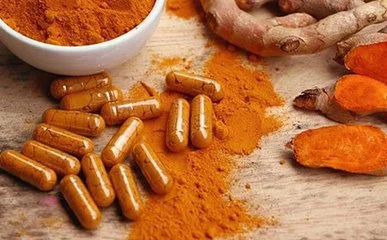
Determining Right Curcumin Dosage
Individual Health Goals and Conditions
The appropriate curcumin dosage can vary significantly depending on the specific health outcomes you're aiming to achieve. For general wellness and preventive care, lower doses of curcumin extract powder may suffice. However, individuals targeting specific health conditions might require higher doses or more concentrated forms like curcumin 98% supplements.
Some common health goals and their associated dosage ranges include:
•General antioxidant support: 500-1,000 mg daily
•Joint health: 1,000-1,500 mg daily
•Digestive health: 1,500-2,000 mg daily
It's important to note that these ranges are general guidelines and may need adjustment based on individual response and healthcare provider recommendations.
Body Weight and Metabolism
An individual's body weight and metabolic rate can influence the optimal dosage. Generally, larger individuals may require higher doses to achieve the same effects as smaller individuals. Additionally, differences in metabolism can affect how quickly the body processes and eliminates curcumin.
Certain professionals advocate for a dosage of curcumin based on body weight, proposing around 15-20 mg of curcumin for every kilogram of body mass. Nonetheless, this technique must be approached with care and under expert supervision since additional elements also influence the optimal dosage.

Bioavailability and Formulation
The formulation of your curcumin supplement significantly impacts its bioavailability and, consequently, the effective dose. Standard curcumin powder has notoriously low absorption rates, often less than 1%. However, enhanced formulations can dramatically improve this figure.
For instance:
•Curcumin with piperine can increase bioavailability by up to 2,000%
•Liposomal curcumin formulations may boost absorption by 5-6 times
•Nanoparticle curcumin can show up to 27 times higher bioavailability
When selecting a curcumin supplement, it is advisable to consider advanced formulations as they may provide smaller doses while still offering substantial benefits. It is advisable to regularly review product details and seek advice from a healthcare professional to determine the most suitable option for your requirements.

Implementing Curcumin Supplementation: Best Practices and Precautions
Timing and Frequency of Curcumin Intake
The timing of curcumin supplementation can influence its effectiveness. Some studies suggest that taking curcumin with meals, particularly those containing fats, can enhance absorption. This is due to its fat-soluble nature, which allows it to be more readily absorbed when consumed with dietary fats.
Regarding frequency, dividing the daily dose into two or three smaller doses throughout the day may help maintain more consistent levels in the body. For example, if your target intake is 1,500 mg of curcumin powder daily, you might consider taking 500 mg with breakfast, lunch, and dinner.
However, the optimal timing and frequency can vary based on the specific formulation of your supplement and your personal health goals. Some enhanced formulations may allow for once-daily dosing while still providing sustained benefits.
Potential Interactions and Side Effects
While curcumin is generally considered safe for most people, it's important to be aware of potential interactions and side effects, especially when using high-potency forms like curcumin 98% extracts.
Some considerations include:
•Blood-thinning effects: it may enhance the effects of blood-thinning medications.
•Digestive discomfort: High doses can cause nausea or diarrhea in some individuals.
•Lowered blood sugar: it may have blood sugar-lowering effects, which could be a concern for diabetics on medication.
•Iron absorption: Some studies suggest it may interfere with iron absorption.
Always inform your healthcare provider about your supplementation, especially if you're taking other medications or have existing health conditions.

Monitoring And Adjusting Your Curcumin Regimen
As with any supplement regimen, it's crucial to monitor your body's response to curcumin intake and make adjustments as necessary. Start with a lower dose and gradually increase it while paying attention to any changes in your health or well-being.
Consider keeping a journal to track your curcumin intake along with any observed effects or changes. This can be valuable information to share with your healthcare provider during check-ups or consultations.
Regular blood tests may also be beneficial, especially if you're taking curcumin for specific health conditions. These tests can help monitor markers of inflammation, liver function, or other relevant health indicators that curcumin may influence.
Remember, the goal is to find the optimal dose that provides the desired benefits without causing any adverse effects. This may require some trial and adjustment over time, ideally under the guidance of a healthcare professional familiar with curcumin supplementation.

Curcumin Supplier
As a professional curcumin manufacturer in China, Rebecca Bio-Tech stands out in the industry with an annual production capacity exceeding 30,000 kg. Our commitment to stable quality and competitive pricing has made us a trusted choice for businesses seeking reliable curcumin supplies. Leveraging advanced production techniques and stringent quality controls, we ensure that each batch meets international standards. By choosing Rebecca Bio-Tech, customers gain a dependable partner focused on delivering premium curcumin with consistency and efficiency, designed to meet the demands of various industries worldwide. If you would like to request a sample, you can contact them directly at information@sxrebecca.com.
References:
1. Hewlings, S. J., & Kalman, D. S. (2017). Curcumin: A Review of Its Effects on Human Health. Foods, 6(10), 92.
2. Anand, P., Kunnumakkara, A. B., Newman, R. A., & Aggarwal, B. B. (2007). Bioavailability of curcumin: problems and promises. Molecular pharmaceutics, 4(6), 807-818.
3. Prasad, S., Tyagi, A. K., & Aggarwal, B. B. (2014). Recent developments in delivery, bioavailability, absorption and metabolism of curcumin: the golden pigment from golden spice. Cancer research and treatment: official journal of Korean Cancer Association, 46(1), 2.
4. Gupta, S. C., Patchva, S., & Aggarwal, B. B. (2013). Therapeutic roles of curcumin: lessons learned from clinical trials. The AAPS journal, 15(1), 195-218.
